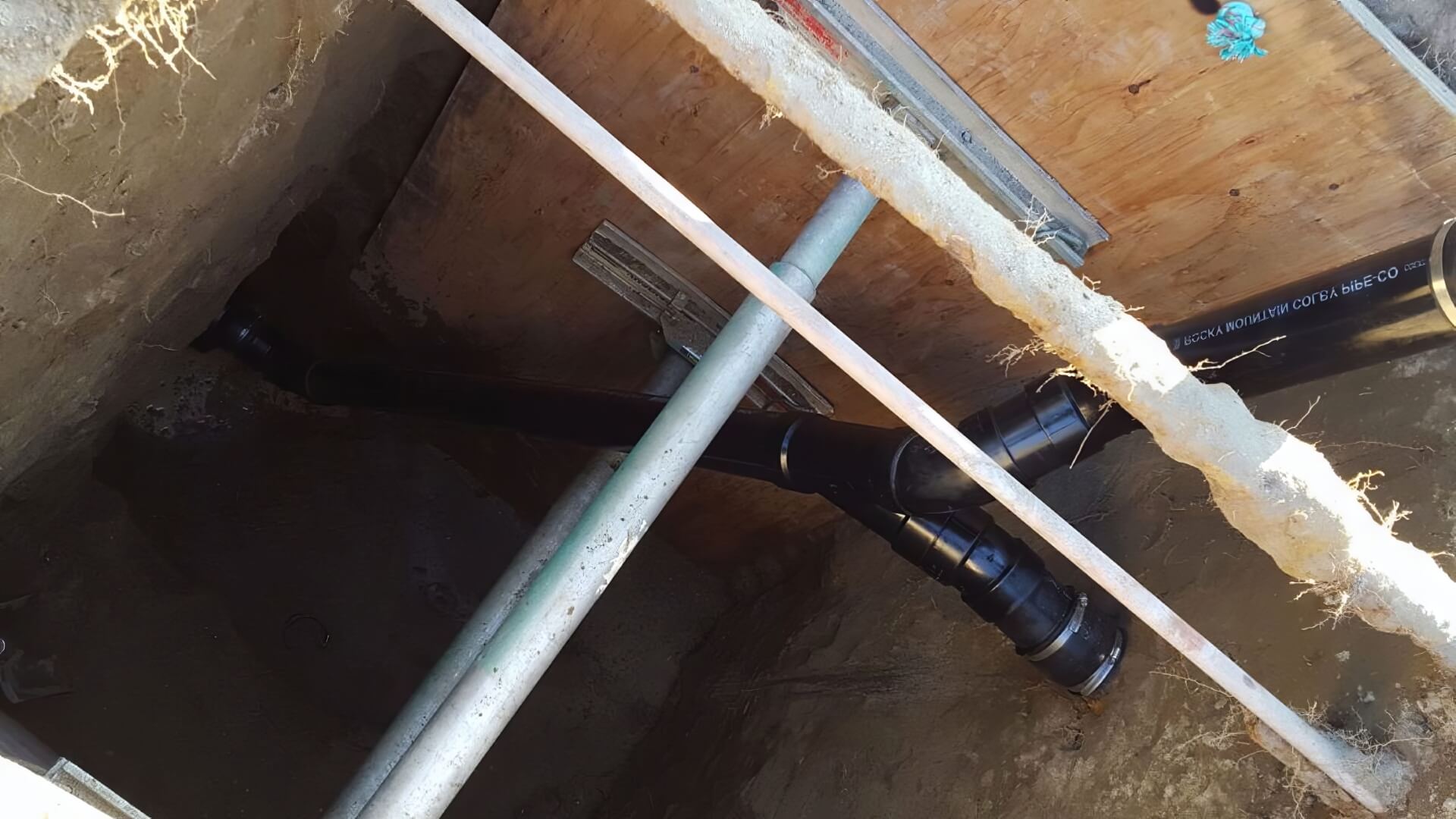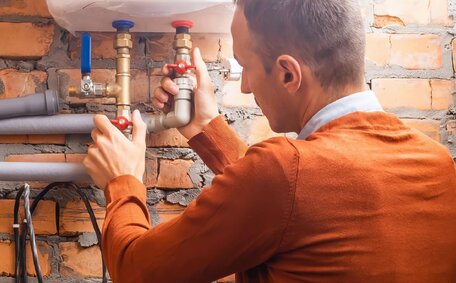The Role of Fossil Fuels in Climate Change
Fossil fuels including natural gas, oil gas development, and coal are significant contributors to climate change. The combustion of natural gas, oil, and coal releases greenhouse gases, contributing to CO2 emissions in the atmosphere. This carbon dioxide builds up and contributes to the greenhouse effect, creating a trap heat scenario and causing the planet’s temperature to rise over time.
Burning fossil fuels, including natural gas, leads to climate disruptions such as extreme weather, melting glaciers, and rising sea levels.
Methane, the main component of natural gas, is used for electricity generation and has considerable greenhouse effects.
Emissions from a single natural gas well can be significant, as pound for pound methane warms the planet 34 times more than carbon dioxide co2 over a 100-year period. Unburned methane substantially leaks from natural gas wells and pipelines, contributing to atmospheric pollution. Crucial to our planet’s future health is minimising leaks and transitioning from fossil fuels to renewable energy sources.
How Gas Impacts Climate Change
This is due to the high global warming potential of methane, which makes up the majority of natural gas. Methane’s global warming potential is several times more powerful than carbon dioxide, equivalent to 34 times that of carbon dioxide in parts per million volume over 100 years.
Methane is released throughout the natural gas supply chain, from extraction to transportation, through leaks and venting. Recent findings highlight the urgency that methane leakage from US gas operations must kept below expected levels, with estimates indicating it to be 2-3 times higher than official numbers. Addressing these leakages is crucial, as natural gas can be as carbon-intensive as coal over 20 years.
Reducing methane emissions is crucial to prevent further carbon dioxide emissions and to protect our planet from the energy imbalances associated with climate change. Minimising gas’s climate impact can be achieved through leak detection systems, equipment upgrades, and renewable energy use. Tackling gas emissions now buys time to decarbonize our energy system while avoiding the worst effects of global warming.
Comparing the Sustainability of Gas to Other Energy Sources
Considering natural gas’s impact is critical when weighing its sustainability against coal, oil, and renewables like solar and wind.
Natural gas use in power plants and vehicles results in about 50 percent less carbon dioxide emissions than coal. Furthermore, natural gas produces fewer air pollutants such as sulfur dioxide and nitrogen oxides than coal. This makes gas a better option over coal in reducing air pollution from nitrogen oxides and safeguarding against the adverse effects on human health.
The life cycle of natural gas, including production, leads to significant carbon dioxide and greenhouse gas emissions. Leaks of methane, an extremely potent greenhouse gas, from gas infrastructure can cause pronounced exacerbation of the impact coal natural gas has on climate change. Studies show methane leakage erodes gas’s emission factor benefits over coal.
Despite being cleaner than coal or oil, natural gas falls short of net-zero emission goals to prevent catastrophic climate change.
Renewable energy sources like wind and solar contribute positively to the energy environment, rethinking natural gas fuel with no direct carbon emissions during operation. Pairing renewables with innovative technologies, such as battery storage, creates clean electricity generation alternatives.
Shifting investment from gas to zero-emission renewable sources is crucial for a sustainable energy system. It’s acknowledged that natural gas can play a bridging role, but it cannot be a long-term climate solution.
Renewable Alternatives to Gas
Transitioning to renewables like solar and wind can notably reduce greenhouse gas emissions and prove cost-effective.
The costs of solar panels and wind turbines have fallen dramatically in recent years, making them economically competitive with gas. The levelized cost of electricity from new solar and wind projects is now more affordable than that of new natural gas power plant establishments.
For homeowners, installing rooftop solar panels or drawing energy from community solar farms can significantly reduce natural gas use for electricity, heating in homes and motor vehicles, and appliances. Heat pump technology running on solar power can provide cleaner heating and cooling.
Businesses can also install commercial-scale solar arrays and wind turbines to cover their energy needs. And Echoing concerns from groups like the union concerned scientists, utilities are eagerly expanding renewable energy capacity, shifting focus from the traditional natural gas industry, utilising resources like solar, wind, geothermal, and hydropower to replace gas plants.
Adopting renewables and technologies like smart grids and battery storage encourages a shift away from natural gas without compromising reliability.
Opting for renewables over gas cuts carbon dioxide and methane emissions, enhancing environmental protection and preserving resources, including drinking water. This switch also mitigates the environmental impact natural gas infrastructure has on both air quality and water pollution.
Despite its role in transition, renewable energy offers a more viable path for sustainable, low-carbon energy.
Methane Emissions: The Overlooked Climate Threat
There’s no underestimating methane as an incredibly potent yet overlooked contributor to climate change. Methane has a global warming effect 34 times that of CO2 over 100 years. Leaks in natural gas infrastructure during extraction, processing, storage, and transport are major sources of methane emissions.
Recent studies, particularly in regions of shale gas extraction, using aerial surveys have discovered far more leaks than estimated by inventories. In the United States, methane emissions from oil and gas operations are 60% higher than environmental protection agency epa estimates. These leaks, often a result of hydraulic fracturing in modern shale gas fields, negate many of the emission reduction benefits of transitioning from coal to gas for power generation.
Stronger standards would improve regulations around leak detection and repair, which are crucial. Advanced sensors for detecting leaks, modernising equipment, and enhancing infrastructure maintenance can curb methane emissions. Capturing leaked methane promotes responsible natural gas development and mitigates some losses.
The best way to mitigate methane emissions is by reducing unconventional oil and gas development and adopting renewables, improving energy efficiency. Phasing out gas extraction and infrastructure over time eliminates this large yet controllable source of greenhouse gas emissions.
Transitioning Away from Gas Usage
Phasing out gas usage in favour of renewable energy is crucial for meeting climate goals and securing a sustainable future. Homeowners can switch to electric appliances, such as heat pumps, powered by solar or wind energy for a reduced environmental footprint. Heat pumps provide cleaner heating and cooling without any direct emissions. Businesses must also transition facilities and operations off gas-powered sources.
Utilities are rapidly adopting wind, solar, geothermal, and hydropower technologies to replace gas plants with fully renewable electricity. To maintain reliability, investments in battery storage, microgrids and improved transmission infrastructure are vital during the transition.
As communities around the world become more aware of where our natural gas comes from, robust policies like clean energy mandates and methane emissions standards will ensure gas demand declines steadily over the next decade. Awareness of natural gas sources and avoiding new gas infrastructure investments are key to phasing it out, resulting in long-term savings. The payoff is cleaner air, reduced emissions and more affordable, resilient energy across homes, businesses and communities.
Practical Steps to Reduce Reliance on Gas
There are many practical ways households and businesses in Ryde can reduce gas usage and costs while minimising environmental impact.
The first step is to improve energy efficiency: install smart thermostats, insulate buildings effectively, and replace outdated appliances with energy-efficient ones. Simple habits like turning down heaters and switching off gas when not in use make a difference.
People should consider eco-friendly options such as heat pumps or solar systems to reduce reliance on natural gas for heating and hot water. For stovetops, induction cooktops work well and avoid fossil fuel use. Where viable, replace gas appliances over time.
At commercial facilities, find opportunities to electrify industrial processes and machinery currently relying on gas. Upgrade to electric heating and water systems powered by renewable energy sources.
The Role of Plumbers in Promoting Sustainability
Plumbers play a vital role in promoting sustainability, given their expertise in managing systems for various fuels including natural gas. Plumbers can reduce fossil fuel usage by advising on energy-efficient appliances and installing eco-friendly options like solar water heaters and heat pumps.
Plumbers should discuss the latest technologies and building regulations to suggest the best solutions. They can educate homeowners and businesses on simple habit changes to lower gas consumption, such as adjusting thermostats or upgrading old, inefficient gas appliances over time.
Plumbers, with their expertise and reach, are well-placed to promote sustainability in their communities. Collaborating with renewable energy providers, they can facilitate the transition away from gas dependence towards a more sustainable future.






